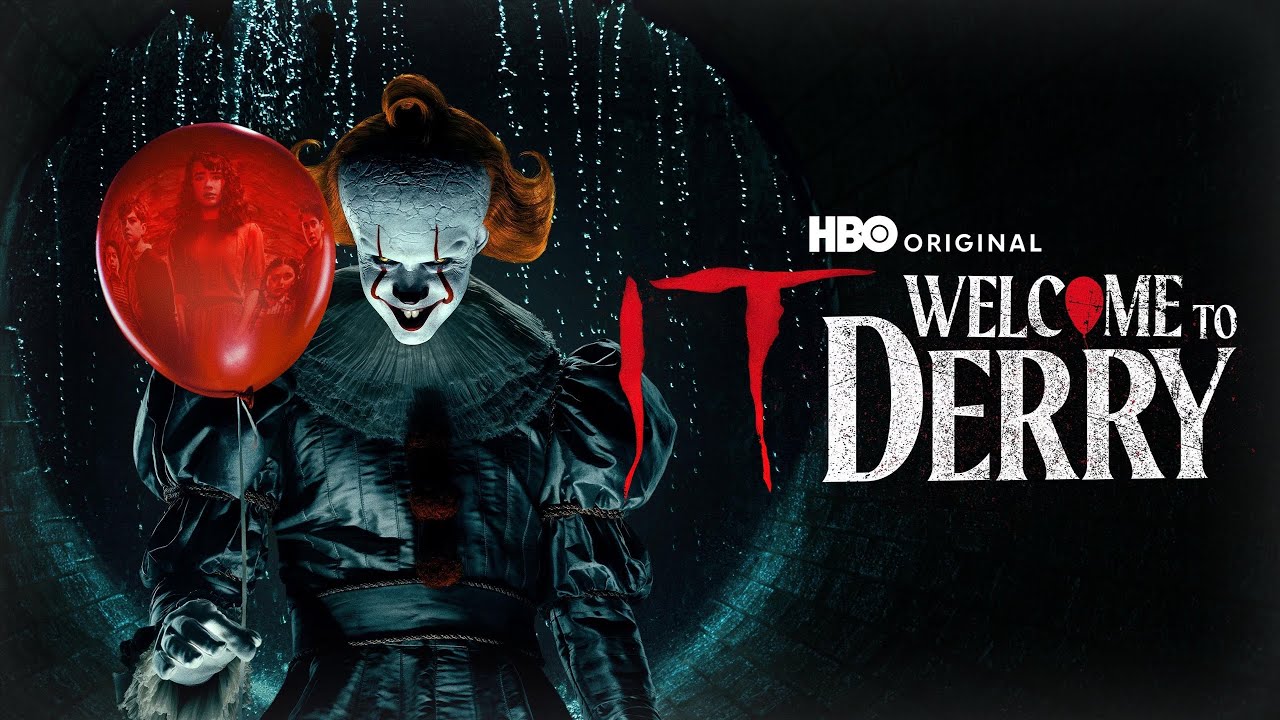
when Horror Yearbook – Welcome to Derry arrives as HBO’s newest prequel series inspired by Stephen King’s legendary It, and early reviews have ignited huge conversations among fans. Critics describe the show as a bold yet uneven dive into the twisted mythology of Derry, Maine, revealing untold stories behind Pennywise the Clown and the cursed town that birthed countless nightmares. With its premiere on October 26, the series expands on King’s lore while introducing fresh faces and a chilling tone that recalls both nostalgia and dread. Some reviewers praise its world-building and unsettling atmosphere, while others criticize its pacing and reliance on familiar tropes. Still, many agree that Welcome to Derry delivers enough scares, mystery, and hidden references to keep horror enthusiasts hooked. The show sets out to prove that the legacy of It can still send shivers down the spine, even decades after Pennywise first emerged from the sewers.
Reactions to Welcome to Derry have been divided, though most reviewers recognize its ambition. The series is praised for its haunting visuals, masterful cinematography, and deeper exploration of Derry’s dark past. Critics from outlets like Slashfilm and NME call it a precision-tooled horror project that balances fear with emotional storytelling. However, others point out structural flaws, with some saying the pacing wavers between shocking and sluggish. Welcome to Derry is described as both thrilling and frustrating, capable of delivering genuine terror one moment and confusion the next. The serialized storytelling is cited as a strength, offering space to explore characters who never appeared in the original films. Yet, several critics note that the show sometimes overexplains mysteries better left unsolved. Despite mixed reactions, it remains a must-watch for King fans who crave another terrifying journey through the haunted streets of Derry.
Many fans believe that Welcome to Derry successfully deepens the mythos of Stephen King’s world. The series revisits the 1960s, portraying a vividly detailed version of small-town America while uncovering the origins of Pennywise’s reign of terror. Critics like James Mottram from NME commend its period-accurate setting and how it weaves real-world fears into supernatural horror. By exploring the social tensions of the time, the show reminds viewers that evil in Derry is not limited to monsters but also exists within humanity itself. Several reviewers also note that the series is filled with Easter eggs connecting it to other stories from King’s universe, creating a rich sense of continuity. Although some find its explanations unnecessary, others argue that the expanded storytelling adds weight to Pennywise’s mythology. Welcome to Derry captures both the dread and allure of King’s imagination, solidifying its place in modern horror television.
The performances in Welcome to Derry have earned widespread praise. Jovan Adepo and Taylour Paige are highlighted as standout leads who bring intensity and emotion to their roles. Critics also point to Clara Stack and Blake James as breakout stars, with their portrayals adding depth to the younger cast. Bill Skarsgård’s return as Pennywise is limited but impactful, reaffirming his status as one of modern horror’s most chilling figures. Visually, the series is striking, with cinematographer Rasmus Heise creating haunting images that blend shadows, vibrant colors, and surreal horror. However, some critics argue that the show occasionally leans too heavily on CGI effects, leading to moments that feel cartoonish rather than terrifying. Despite this, the atmosphere remains immersive, especially during scenes that dive into body horror and psychological dread. Welcome to Derry thrives when it embraces its eerie tone, delivering moments of pure nightmare fuel.
Although set in the past, Welcome to Derry feels powerfully relevant today. The series explores fear as a force shaping society. It uses Pennywise’s chaos to highlight prejudice, violence, and human cruelty. Aramide Tinubu from Variety connects the show to modern social struggles. The story reveals how a divided society still suffers from collective trauma. Creators show that Derry’s evil grows stronger as ignorance spreads. They portray how darkness evolves with human denial and fear. This vision gives Welcome to Derry deeper meaning beyond simple horror. It examines how people face the darkness inside themselves and others. Despite a few flaws, the series tells a powerful emotional story. It goes beyond being a prequel, offering something fresh and bold. Welcome to Derry reflects on fear itself and its endless influence. The real monsters hide within humanity, not behind clown makeup.
This article is sourced from rottentomatoes and for more details you can read at horroryearbook
Writer: Sarah Azhari
Editor: Anisa